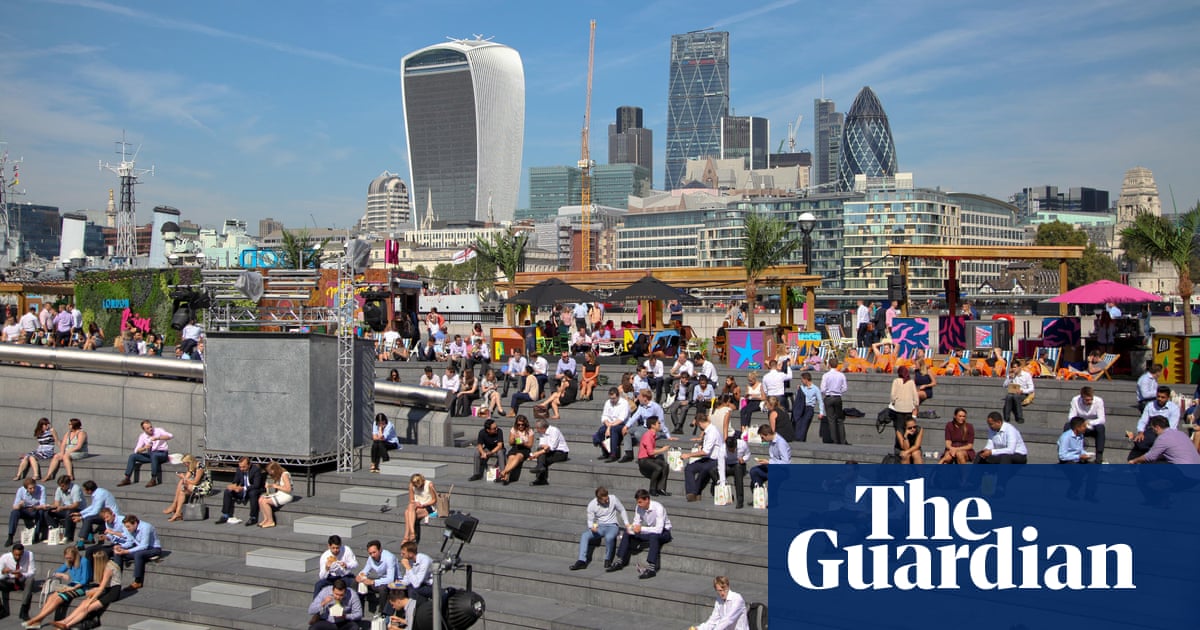A maximum indoor temperature working law giving people a day off if workplace temperatures surpass 30C should be mandated by government, a new report recommends.
The report by the Fabian Society thinktank highlights inequalities in who bears the brunt of the impacts of climate breakdown and puts responsibility on bosses and landlords to stop people from overheating.
An increasing number of people are dying from excessive heat in the UK. More than 4,500 people died in England in 2022 due to high temperatures, which was the largest figure on record. Between 1988 and 2022, almost 52,000 deaths associated with the hottest days were recorded in England, with a third of them occurring since 2016, data from the Office for National Statistics shows. During the same 35-year period analysed, more than 2,000 people died in Wales due to the warm temperatures.



If you’re also an American, as looks to be the case from your comments, Europe has more-moderate extreme temperatures than parts of the US do; most of it is near water, which helps moderate temperature, and it has few arid places. The UK, which is an archipeligo, particularly so.
There are some places in Europe where air conditioning is more common than others, but overall, it’s much less common in homes than in the US.
EDIT: UK heat records:
https://en.wikipedia.org/wiki/United_Kingdom_weather_records
The hottest temperature record there would be a pretty ordinary summer temperature in some of the hotter parts of the US.
https://en.wikipedia.org/wiki/U.S._state_and_territory_temperature_extremes
Not going to put them all up, but a sampling of the top ones:
Just hasn’t generally been the case that the need for air conditioning is as strong.